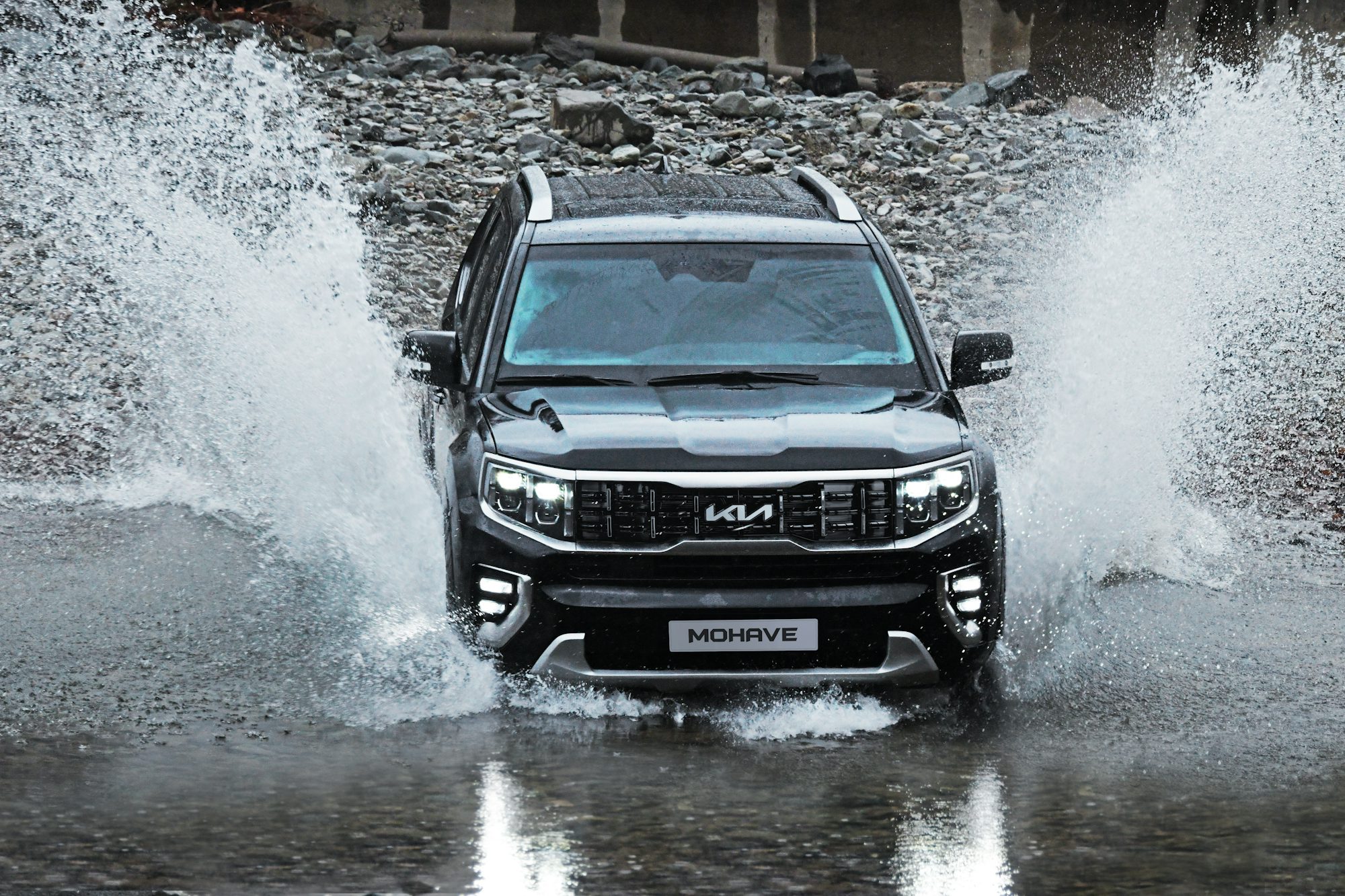History of the creation of the automobile
Sport Utility Vehicles (SUVs) have surged in popularity over the last few decades, becoming a staple in the automotive market. Their combination of space, versatility, and capability makes them an attractive choice for a wide range of consumers. In this article, we will explore the various types of SUVs available today, discussing their unique features and how they cater to different needs and preferences. Starting with compact SUVs, these vehicles are designed for those who desire the benefits of an SUV without the bulk. Models like the Honda CR-V and Toyota RAV4 exemplify this category, offering a practical balance between city-friendly maneuverability and spacious interiors. Compact SUVs provide higher driving positions, improved visibility, and ample cargo space, making them ideal for urban commuting and family outings. Their smaller size allows for easier parking and navigation through busy streets, while still accommodating passengers and luggage. Midsize SUVs take this versatility a step further, appealing to families and individuals who need more space without the cumbersome feel of larger models. Vehicles such as the Ford Explorer and Toyota Highlander offer generous seating and cargo options, making them excellent choices for road trips or daily activities. Midsize SUVs typically come equipped with advanced safety features and modern technology, enhancing the overall driving experience. Families will appreciate the extra space for kids and gear, making these vehicles suitable for all aspects of life, from school runs to weekend adventures. For those who require even more room, full-size SUVs provide the ultimate solution. Models like the Chevrolet Tahoe and Ford Expedition feature three rows of seating and substantial cargo capacity. This makes them perfect for larger families or those needing significant towing capabilities for trailers or boats. Full-size SUVs not only prioritize space but also comfort and luxury, often coming with high-end materials and advanced technology. Many models offer features such as rear-seat entertainment systems and spacious cargo areas that can accommodate everything from sports gear to luggage. Luxury SUVs represent the pinnacle of comfort and sophistication in the SUV market. Brands such as BMW, Mercedes-Benz, and Audi create vehicles that not only provide ample space but also incorporate premium materials, advanced technology, and exceptional craftsmanship. The BMW X5 and Mercedes-Benz GLE-Class are perfect examples, offering luxurious interiors and cutting-edge features that elevate the driving experience. These SUVs often come equipped with advanced infotainment systems, premium sound options, and high-tech safety features, making every journey enjoyable and stress-free. Crossovers, which blend the attributes of traditional SUVs and sedans, are gaining traction for their comfort and efficiency. Vehicles like the Nissan Murano and Subaru Outback prioritize a smooth ride and user-friendly technology, attracting consumers who want a practical vehicle for daily use. Their design typically features a lower profile than traditional SUVs, enhancing handling and fuel efficiency while still providing ample space for passengers and cargo. This combination makes crossovers a favorite among city dwellers and families alike. For outdoor enthusiasts, off-road SUVs are specifically engineered to tackle rugged terrain and challenging conditions. Models such as the Jeep Wrangler and Toyota Land Cruiser come equipped with features like four-wheel drive and enhanced suspension systems, allowing them to perform in a variety of environments. Whether it's navigating rocky trails or traversing snowy roads, off-road SUVs are built for adventure, catering to those who love exploring the great outdoors. As environmental concerns continue to rise, the automotive industry is witnessing a significant shift towards hybrid and electric SUVs. These vehicles aim to reduce emissions while providing the utility of traditional SUVs. The Toyota RAV4 Hybrid and Tesla Model X are notable examples, showcasing how electric powertrains can deliver performance and efficiency. Hybrid SUVs offer an excellent compromise for consumers looking to decrease their carbon footprint without sacrificing the convenience of traditional fuel options. As battery technology advances, we can expect to see a broader range of electric SUVs that cater to diverse consumer needs. Performance SUVs combine the practicality of an SUV with the thrill of high-speed driving. Models like the Porsche Cayenne and BMW X5 M are designed for those who crave an exhilarating driving experience without compromising space and comfort. These vehicles are equipped with powerful engines and advanced handling features, ensuring that they deliver both excitement and versatility. Performance SUVs cater to consumers who desire a vehicle that can serve as both a family transporter and a spirited driving machine. The growing diversity of SUVs reflects the changing landscape of consumer preferences. With each category designed to cater to specific lifestyles and needs, potential buyers are no longer limited to one-size-fits-all options. Whether it’s a compact SUV for city driving, a luxury model for ultimate comfort, or an off-road vehicle for adventurous outings, the market offers a wide array of choices. As we move forward, the future of SUVs looks promising, with continued innovations in technology, design, and sustainability. Automakers are committed to developing vehicles that meet the evolving needs of consumers while addressing environmental concerns. With features such as advanced driver assistance systems, enhanced connectivity, and eco-friendly powertrains, the SUV segment is set to thrive in the coming years. In summary, SUVs have become a central part of the automotive landscape, offering versatility and practicality that appeals to a wide range of drivers. From compact models that excel in urban settings to luxurious vehicles designed for comfort, there is an SUV for everyone. Understanding the various categories and their unique benefits allows consumers to make informed decisions, ensuring they choose a vehicle that aligns with their lifestyle and preferences. As trends continue to evolve, the SUV market remains at the forefront of innovation, ready to meet the demands of modern drivers.
